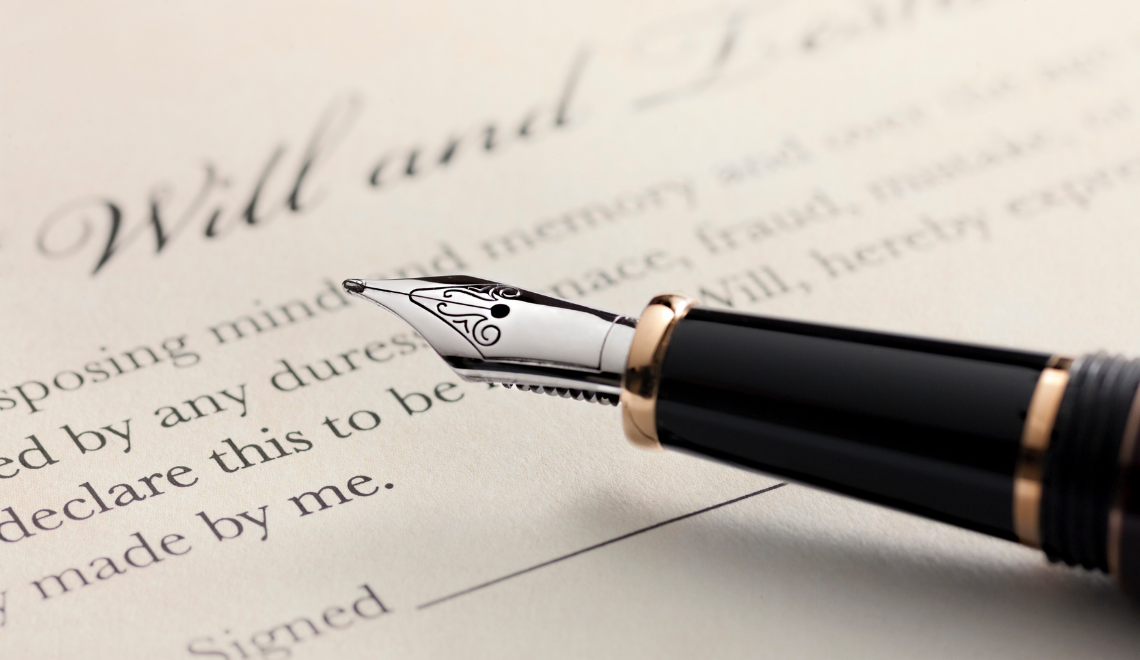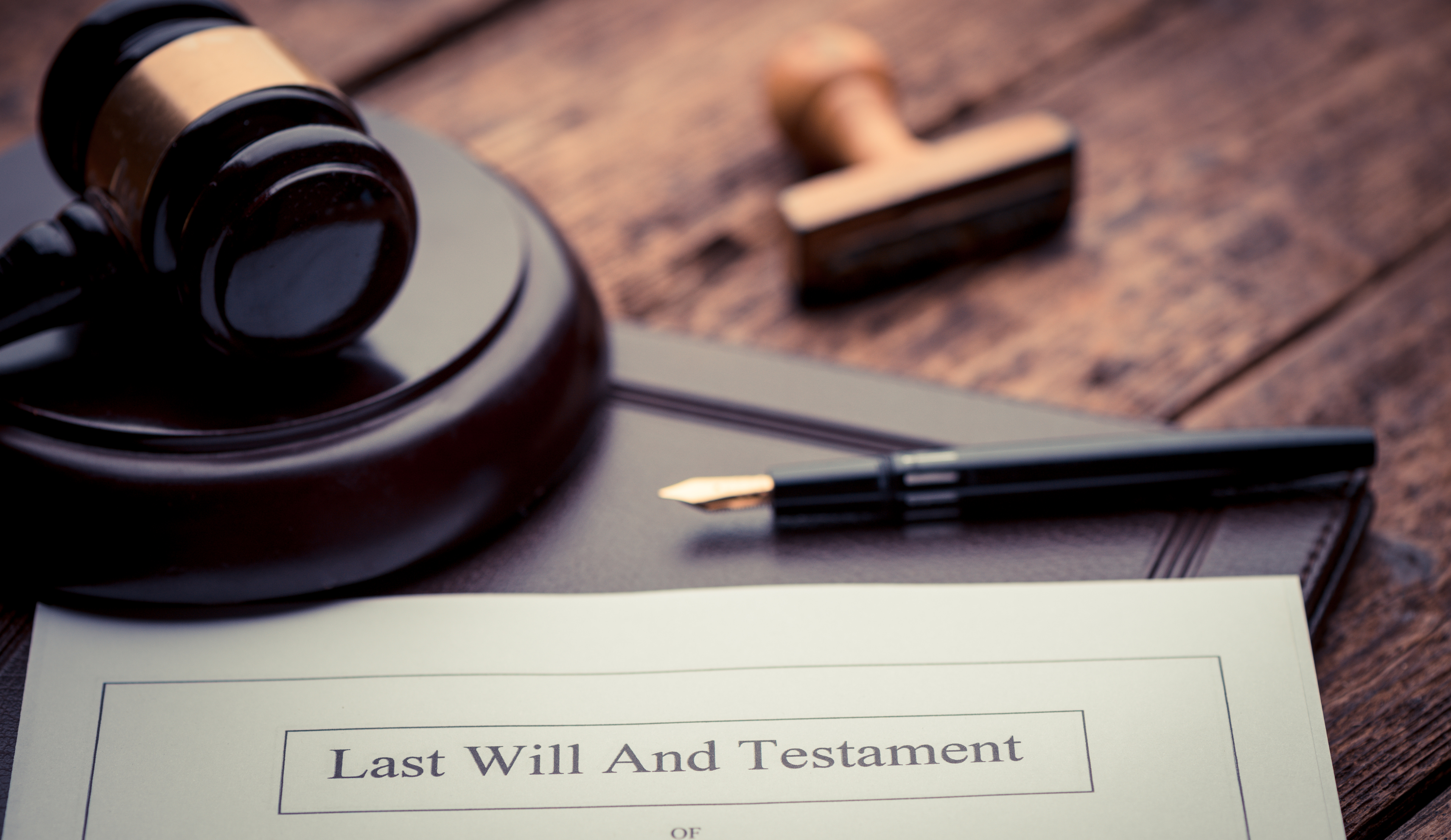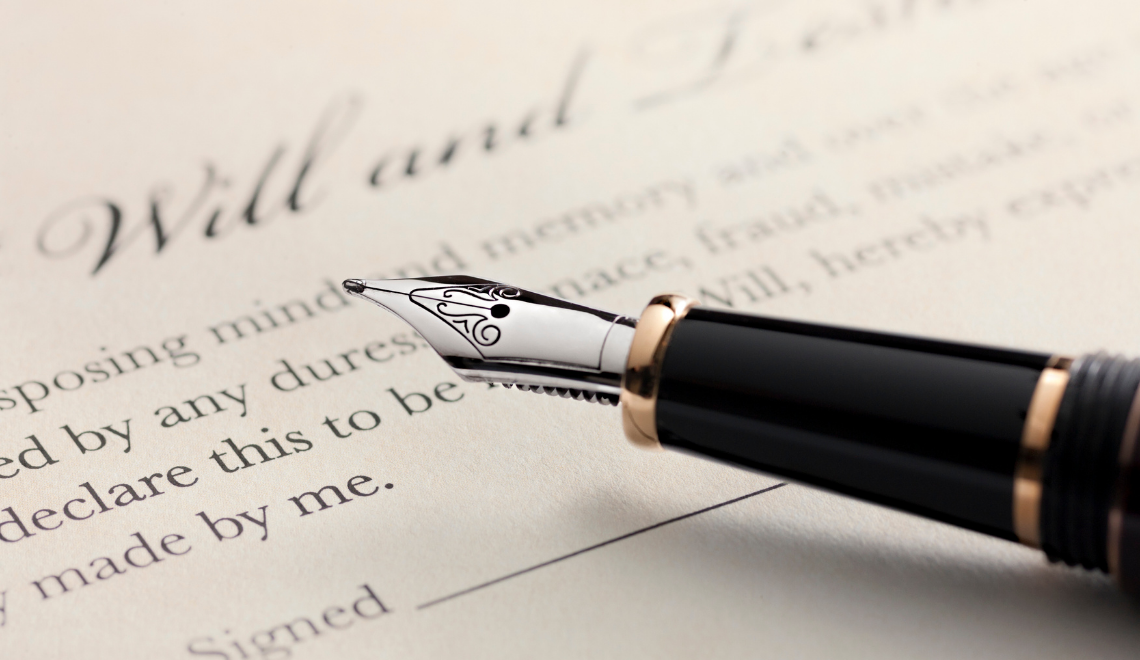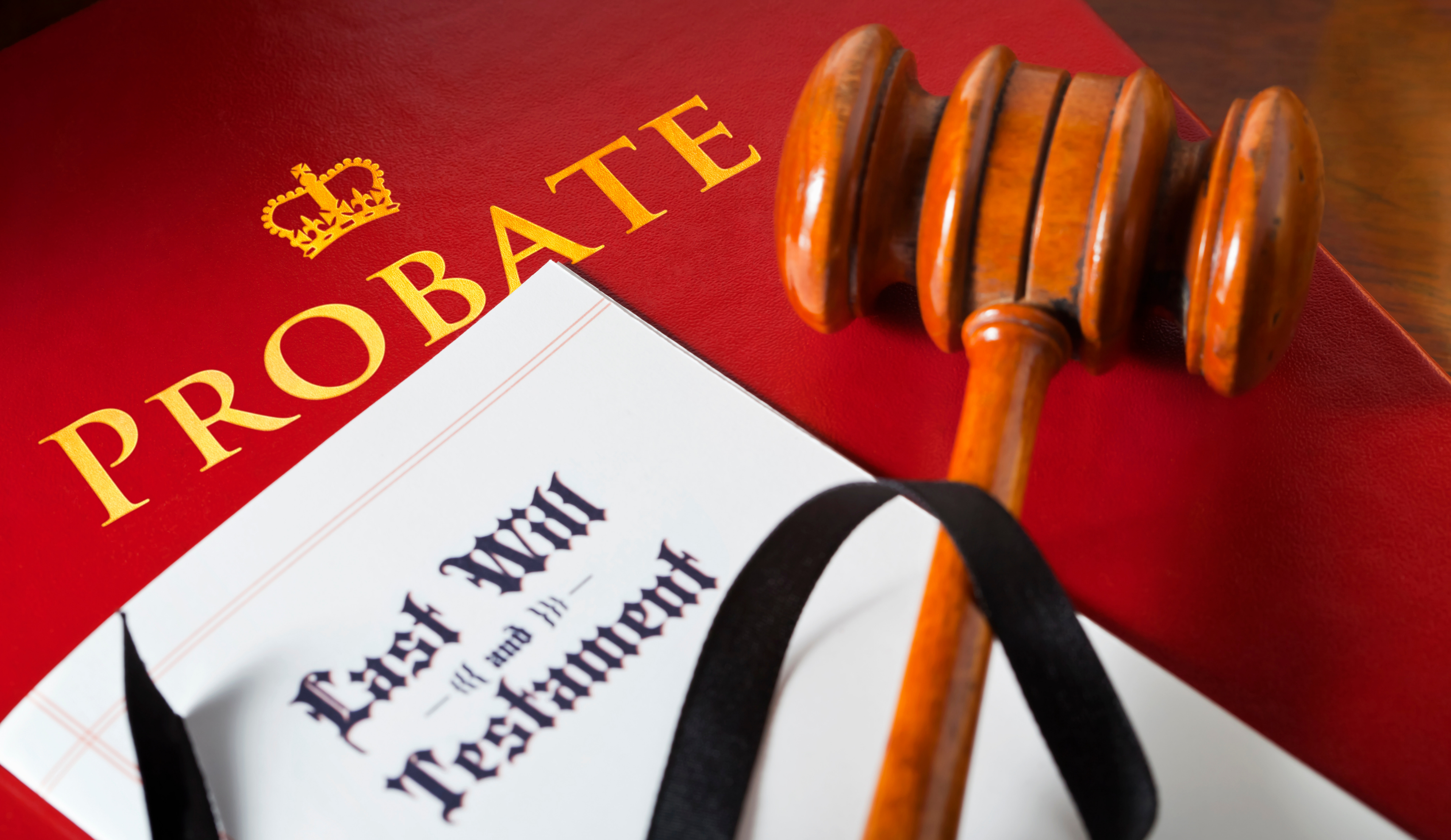If an HDB Flat Has Multiple Owners – What Happens When One Dies?
This article explains the difference in holding HDB flats as joint tenants and tenancy-in-common pertaining to succession of shares of the flat, what the surviving owners should do, and the pertinence of wills
If you are a co-owner of an HDB flat with another individual(s) you need to consider the legal implications of one owner dying. This article will cover what happens after one owner dies and what steps can be taken by the remaining owner(s). First, you should understand that what happens will depend on whether the owners are joint tenants or tenants-in-common.
Joint Tenants
If ownership of the HDB flat is held in joint tenancy, the deceased’s share in the HDB flat will automatically go to the eligible owner(s) that remain. Eligibility is only allowed for Singapore Citizens or Permanent Residents who are 21 years of age or older.
Remaining owner(s) are required to contact the Singapore Land Authority (SLA) for the purposes of lodging a Notice of Death. There are two ways of handling this:
1. Contact HDB
You can reach out to HDB directly to get their help preparing the Notice of Death. They can let the other remaining co-owners know that they need to come into the HDB branch that manages the flat to sign the documents. There will be some fees for registering and transferring the property, and you will need to bring the following documents:
- Identity cards of the remaining co-owners
- Deceased owner’s original death certificate
- For a death before 15 February 2008 – proof that the estate duty has been cleared for the deceased owner’s estate
- Duplicate of Lease Agreement (if any)
2. Lodge a Notice of Death with SLA
Rather than have HDB help you with this, you can directly approach SLA and Lodge the Notice of Death, which will require the following documents:
- Notice of Death
- Lodgement Form
- Documents showing proof of co-owner’s death (i.e., original, or certified copy of deceased’s Death Certificate, or original or certified true copy of Grant of Probate or Letters of Administration of deceased’s estate)
- Duplicate Lease or Certificate of Title
- Production Form in compliance with Part 3 Item 19 of Consolidated Practice Circulars 2003u
Lodgement hours at the SLA are from 8:30 a.m. to 1:00 p.m., Monday through Friday.
If you want to use the Notice of Death form from the SLA website, this is a soft copy that must be typed, photocopied, or printed, not handwritten.
Furthermore, a witness of 21 years of age or older must observe the execution of the Notice of Death and sign as the witness. Their full name, ID number and signature must clearly appear in the Notice of Death’s execution clause.
Tenancy-in-Common
If ownership of the HDB flat is being held in tenancy-in-common, the deceased co-owner’s share will be distributed as stated in their will, if he/she left one. If the deceased left no will, his/her share in the HDB flat will be distributed according to the Intestate Succession Act.
If the deceased co-owner left a will, his/her ownership share of the flat will be distributed as stated in the will. The family of the deceased should hire a lawyer to procure a Grant of Probate. This is needed for the executor of the will to have the legal right to take over management the deceased’s estate.
If the deceased didn’t leave a will, his/her share of the flat will have to be distributed in line with the provisions set forth in the Intestate Succession Act. The family of the deceased should hire a lawyer to seek a Grant of Letters of Administration from the court. This is needed for the administrator, who in most cases is the deceased’s closest relative, to have legal authority to take over management of the deceased’s estate.
Once the legal authority is granted to take over managing the deceased’s estate, the executor named in the will, or the administrator need to register his/her legal right. They can do this through a lawyer or by applying to the HDB branch. If you decide to do this through the HDB Branch, here are the documents you will need for your application to go through:
- Original document of the Grant of Letters of Administration and the Statement for Grant of Letters of Administration, or the Grant of Probate and will
- For Muslim estates, the original document of the Syariah Court Inheritance Certificate
- Copy of the deceased co-owner’s Certificate of Death
- Duplicate lease pertaining to the deceased’s flat
- Identity card(s) of all co-owners of the flat, executor(s) or administrator(s)
Once the process is complete, the deceased’s share of the flat can be transferred over to the beneficiaries who are now owners. To be eligible to retain the HDB flat you need to be a Singapore citizen or have Permanent Residency and be 21 years of age or older.
Pertinence of Wills
Since wills are essentially about property, they are pertinent to what happens to the HDB flat if an owner dies.
In Singapore, the provisions set forth in the Intestate Succession Act command that when a non-Muslim sole owner dies who has not left a written will, the distribution of property will be prioritized as follows:
- Spouse, children
- Parents
- Siblings
- Grandparents
- Aunts and uncles
A summary of the guidelines are as follows:
- If the deceased’s spouse is still living, but there are no children and no living parents, the spouse shall inherit the entire share of the flat.
- But if the deceased left behind a spouse and children, the spouse inherits half of the share of the flat, with the other half to be equally shared among the children.
- If the deceased has no living wife or parents, the children he/she left behind are entitled to divide ownership of the share of the flat equally.
- If a child has also died, grandchildren are allowed to claim their parents’ share of the estate.
- If there is a living spouse and living parents, the spouse will inherit half of the share in the flat, with the other half equally shared between the parents.
- The remaining rules follow according to the priority as listed. If the deceased owner passes away with no family left behind the entire share of his/her flat goes to the Government.
Reminder: These rules do not pertain to a joint tenancy scheme in which the shares in the flat are to be transferred to the remaining joint tenant(s).
Since these rules have to be strictly adhered to by law, the distribution of assets can sometimes cause arguments between the deceased’s family members. To avoid these conflicts, you should prepare a written will that details exactly how you want your assets to be distributed among your beneficiaries upon your death.
What Happens When an HDB Flat is Inherited?
Child(ren) who inherit an HDB flat from a parent who’s died, must understand the eligibility requirements to keep the flat. The criteria involve the family nucleus and Singapore citizenship. Should the child not be eligible to keep the flat, it may be put on the open market for sale if the 5-year Minimum Occupation Period (MOP) has passed. If not, the child can reach out to HDB for an evaluation of the case.
If the child who inherited the HDB flat happens to already own a private property, their case would be determined by the purchase date of the inherited property by the previous owner, as follows:
- If the inherited HDB flat is not subsidised and was purchased by its previous owner prior to 30 August 2010, the child is allowed to keep ownership of both their private property and the flat.
- But if the flat was purchased on or after 30 August 2010 and the previous owner had not fulfilled the Minimum Occupation Period (MOP) requirement, the child can only keep one of the properties.
Disclaimer: The information provided in this article does not constitute legal advice. We recommend that you get the specific legal advice you need from an experienced attorney prior to taking any legal action. While we try our best to make sure that the information provided on our website is accurate, you take a risk by relying on it.
At Pinnacle Estate Agency, we strongly believe in sharing our real estate knowledge to the public. For more content like this article, check out our Singapore Property Guides.













